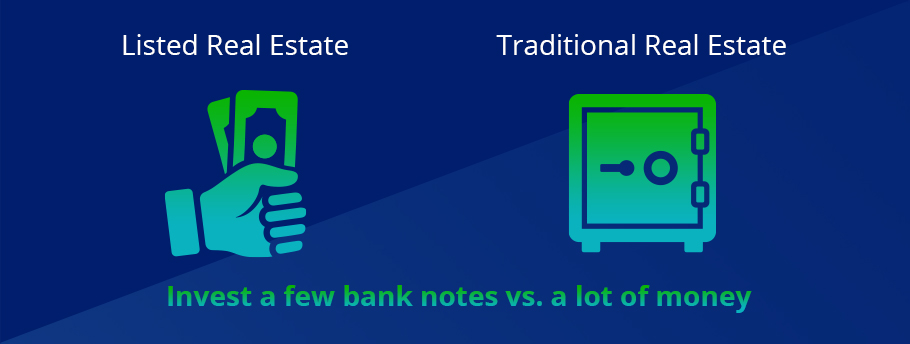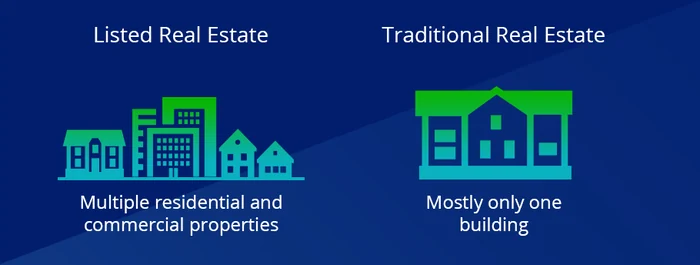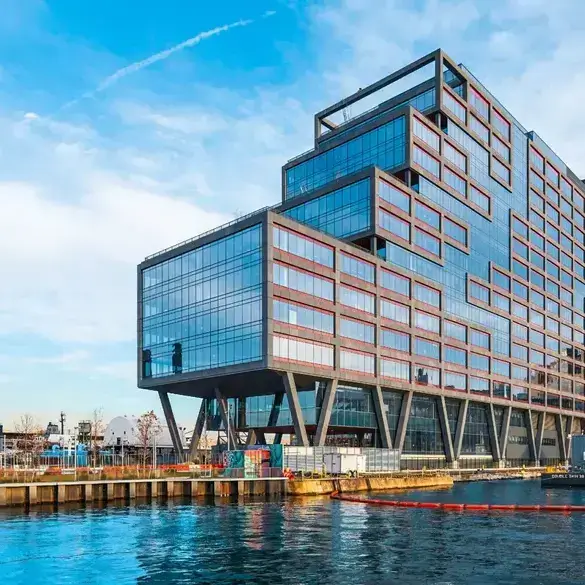The retail sector, included in the Real Estate ETF by VanEck, comprises shopping centers, individual stores, large (regional) shopping malls, outlet centers, grocery-anchored shopping centers, and those that feature big box retailers.
Simon Property Group7 is an American company that specializes in investment in shopping malls, outlet centers and other centers that act toward building communities. Many of its centers play a crucial role in the cities where they operate, by, among other means, creating jobs and paying taxes to benefit the population. It is the largest shopping mall owner in the US. One of the notable members of its extensive portfolio is the Shops at Crystals in Las Vegas, Nevada.
Source: Simon Property Group.
7 Part of the portfolio as of 30/09/2024. Please visit the fund page to explore the complete portfolio.









